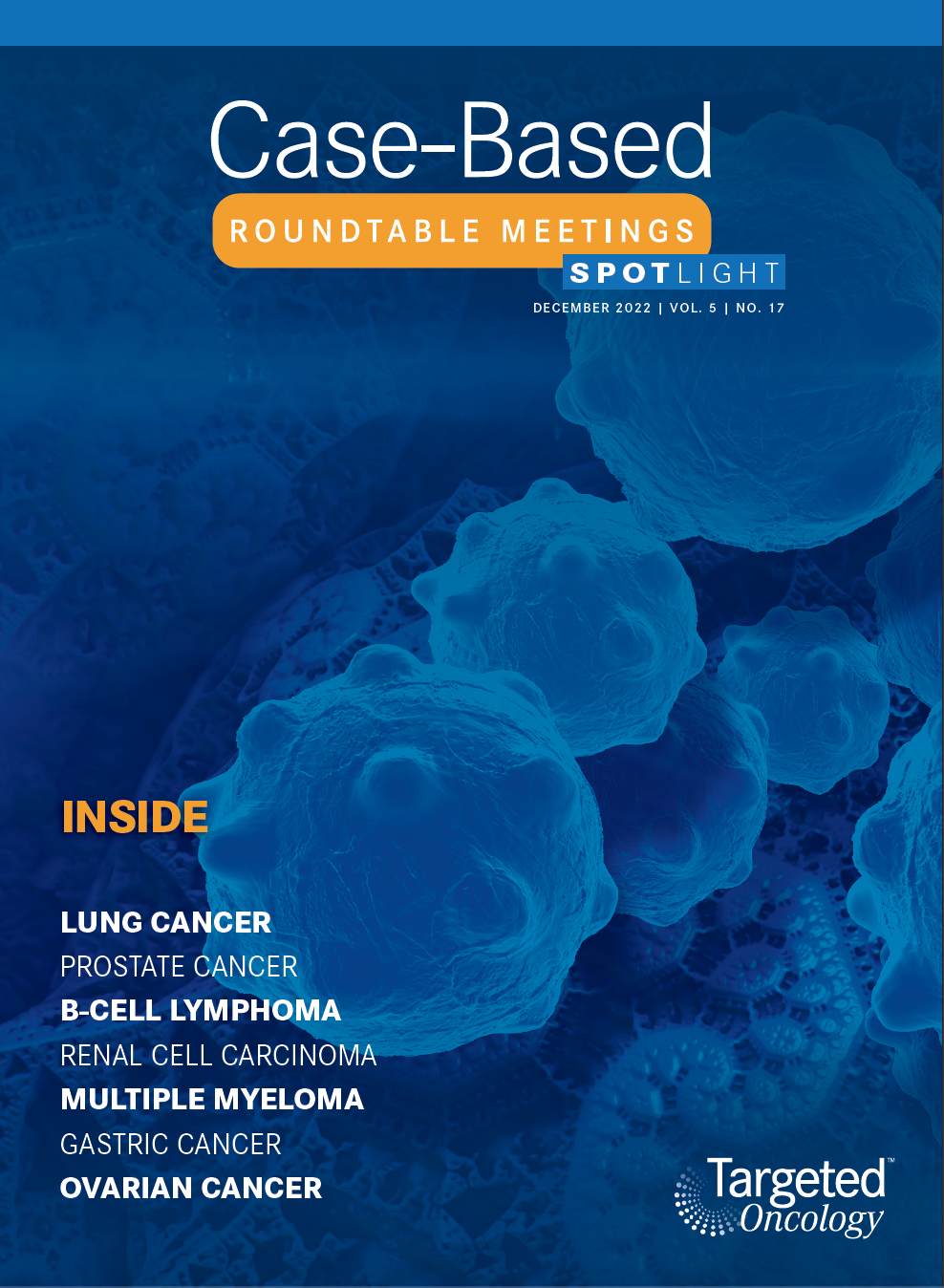Participant Perceptions: Treating NSCLC in the Community Setting
After participating in a Case-Based Roundtable event led by Gavitt Woodward, MD, M. Sheila Donnelly, MD, spoke with Targeted Oncology about the patients with lung cancer she treats.
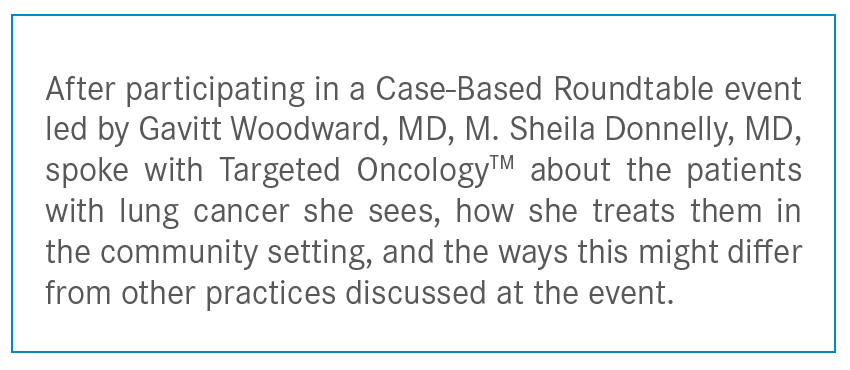
M. Sheila Donnelly, MD
Medical Oncologist
Heywood Oncology & Specialty Clinics
Heywood Hospital
Gardner, MA
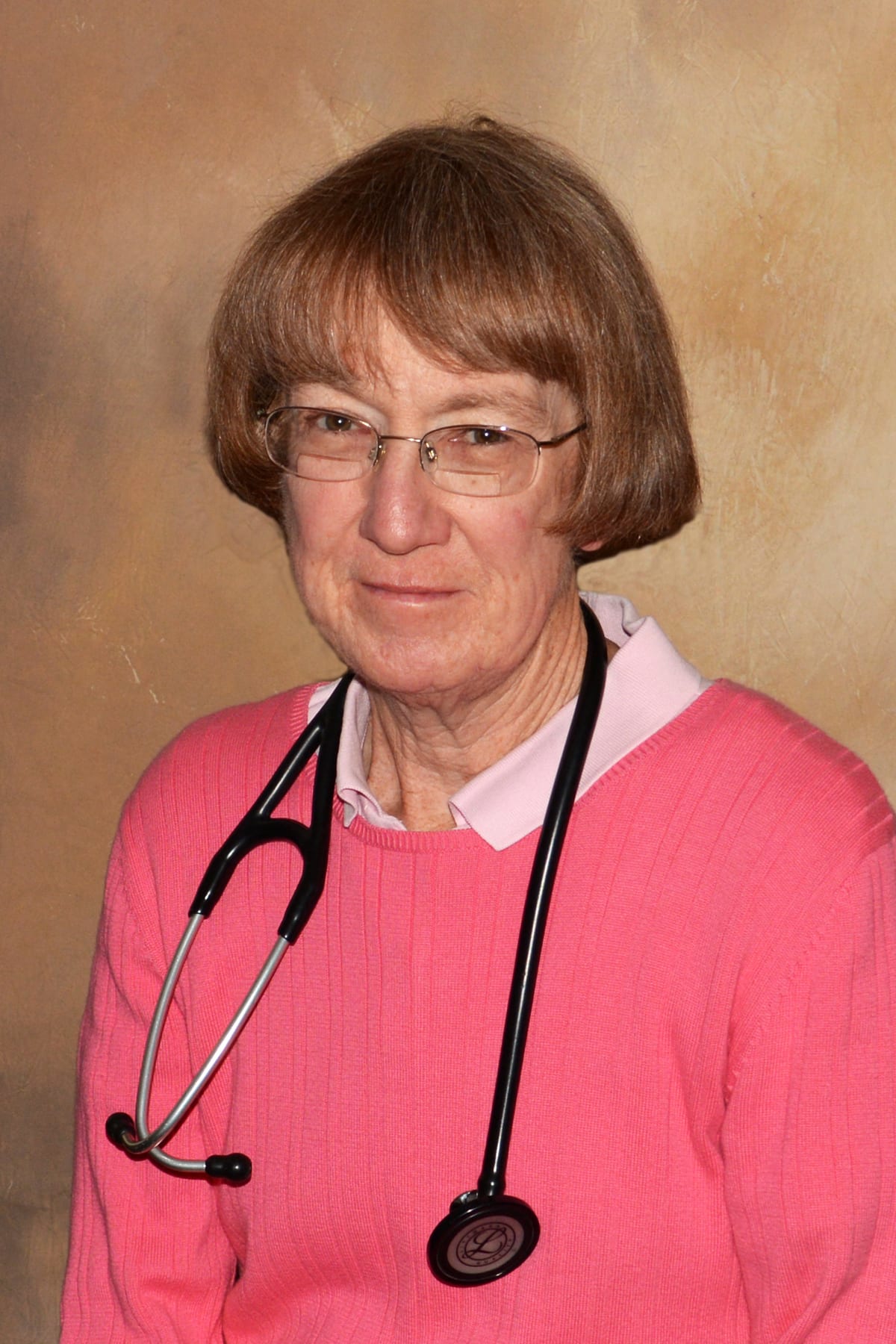
Targeted OncologyTM: How often do you see patients with lung cancer?
DONNELLY: I see them every week; I have multiple patients on treatment for metastatic disease. I follow a few patients who were treated in the earlier stages and are free of disease. They’re just usual checkups and fortunately they’re doing well. But I have plenty of metastatic patients who are on ongoing therapy and they’re not going to be cured, so we’re hoping for better therapies for them.
How does your practice operate differently in comparison with what was discussed by the Case- Based Roundtable Event participants or in general?
This is for patients with non–small cell lung cancer [NSCLC]. I think I have been prompted to do more next-generation sequencing [NGS] testing. I’m already pretty much up on checkpoint inhibitors because I use them a lot with and without chemotherapy. I have a few patients with mutations that I have on EGFR inhibitors, but I don’t think I’ve done quite as much NGS [utilization] as I should. I realize it doesn’t turn up that many alterations beyond the usual basic panel that the hospital [we work with] uses. They have a panel and I stick with that.
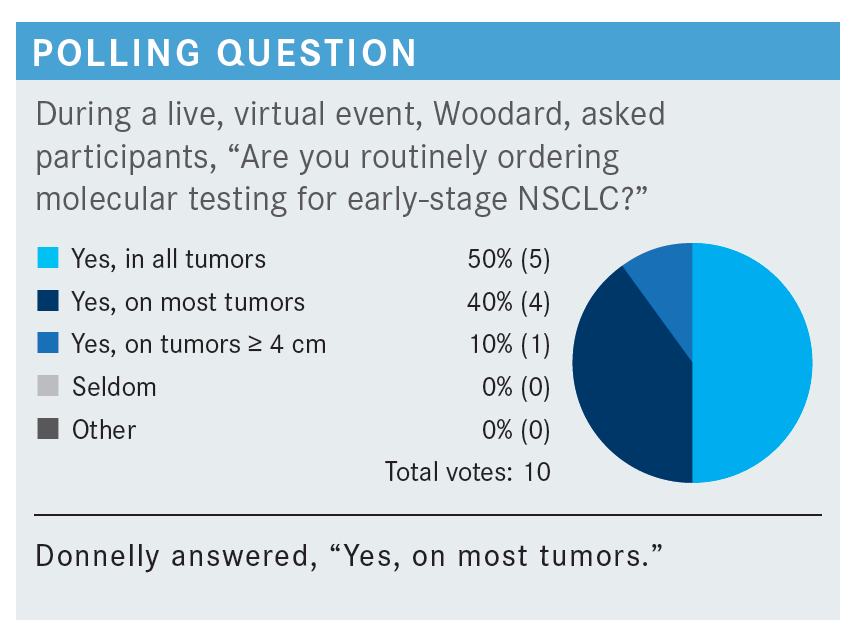
What are some primary considerations or barriers that you have when treating patients at your practice with lung cancer?
Lack of drugs, I suppose. Even with NGS sequencing, you often don’t find mutations that have a drug that can target them. We’re aware of the usual suspects—now there are 10 or 12 [mutations]. But beyond that, we’re still looking to have drug development to match the new findings.
How often do you use adjuvant therapy in patients with NSCLC?
I have 1 patient on osimertinib [Tagrisso] in the adjuvant setting. I had a patient with metastatic disease who passed away who had been on it. And I have 1 patient who’s been on erlotinib [Tarceva] for 5 or 6 years, and she’s still doing well, so I haven’t had to switch her. If she walked in the door today, I would have used osimertinib, but I can’t argue with success.
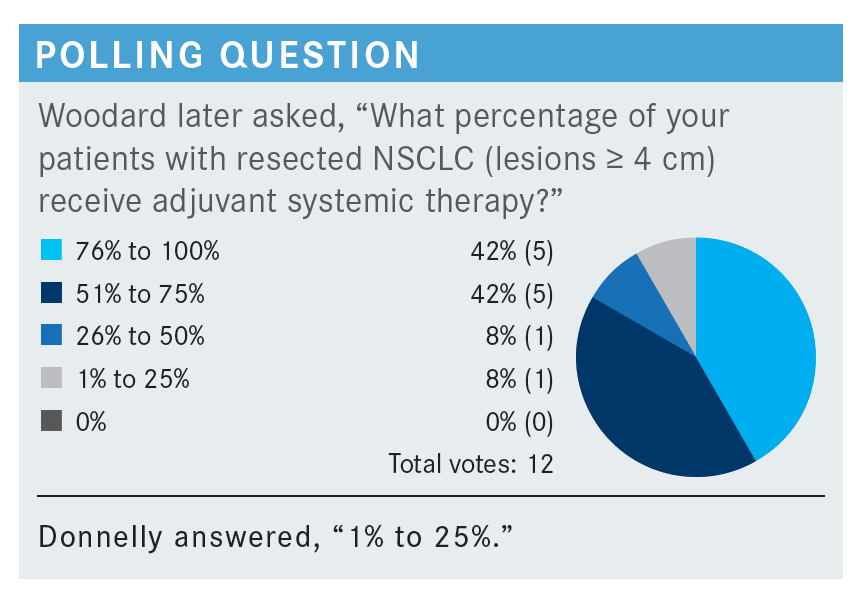
What has your experience been with osimertinib (From the Data1,2)?
I think it’s very well tolerated. I have limited experience, but this is the adjuvant setting. And the patient who had it for metastatic disease…tolerated it very well and it was a great relief for her. She was an older woman and was not interested in chemotherapy, so I was delighted to have that.
REFERENCES:
1.Wu YL, Tsuboi M, He J, et al; ADAURA Investigators. Osimertinib in resected EGFR-mutated non-small-cell lung cancer. N Engl J Med. 2020;383(18):1711-1723. doi:10.1056/NEJMoa2027071
2. FDA approves osimertinib as adjuvant therapy for non-small cell lung cancer with EGFR mutations. FDA. December 18, 2020. AccessedNovember 9,2022.http://bit.ly/2KE54v6
